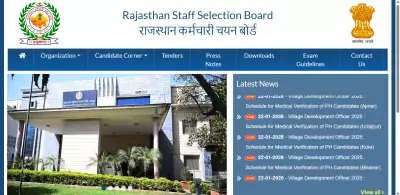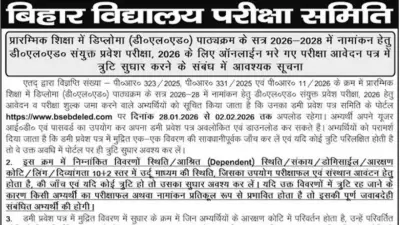
Job interviews can be nerve-wracking, especially when faced with the dreaded question: "What are your weaknesses?" While many candidates stumble through this tricky inquiry, savvy job seekers know this is actually an opportunity to showcase self-awareness and growth potential.
The Art of Strategic Self-Disclosure
Rather than avoiding the question or giving cliché responses, successful candidates approach this moment with careful preparation. The key lies in transforming perceived weaknesses into demonstrations of your professional development and problem-solving abilities.
5 Powerful Strategies to Ace This Question
1. Choose Real But Manageable Weaknesses
Select weaknesses that are genuine but not deal-breakers for the position. Avoid mentioning fundamental job requirements as weaknesses. Instead, focus on areas where you've shown improvement or developed compensating strengths.
2. Always Follow with Your Solution
The golden rule: never state a weakness without immediately explaining how you're addressing it. This demonstrates proactive problem-solving and commitment to personal growth. For example, "I sometimes get deeply focused on details, but I've started using time-blocking techniques to ensure I meet all deadlines."
3. Show Your Learning Journey
Frame your weakness as a challenge you've recognized and are actively overcoming. This shows maturity and the ability to learn from experience. Employers value candidates who can evolve and adapt.
4. Keep It Professional, Not Personal
Always connect your weakness to professional development rather than personal traits. Discuss skills you're improving or knowledge gaps you're filling, rather than personality characteristics.
5. Demonstrate Cultural Awareness
Research the company culture beforehand. Your chosen weakness should align with values the organization prioritizes, showing you understand what matters to them.
Common Pitfalls to Avoid
Steer clear of these common mistakes that can sabotage your interview:
- Don't use clichés: Avoid overused responses like "I'm a perfectionist" or "I work too hard"
- Don't be too negative: Frame weaknesses as growth opportunities rather than permanent flaws
- Don't reveal critical flaws: Never mention weaknesses that would prevent you from performing core job functions
- Don't pretend to be perfect: Claiming to have no weaknesses suggests lack of self-awareness
Turning Weaknesses into Opportunities
When handled correctly, the weakness question becomes your chance to demonstrate valuable professional qualities: self-awareness, honesty, commitment to improvement, and strategic thinking. Prepare 2-3 well-crafted weakness responses that you can adapt based on the specific role and company.
Remember, interviewers aren't looking for perfect candidates—they're looking for self-aware professionals who recognize their growth areas and take active steps toward improvement. Master this question, and you'll stand out as the thoughtful, prepared candidate who turns challenges into opportunities.





